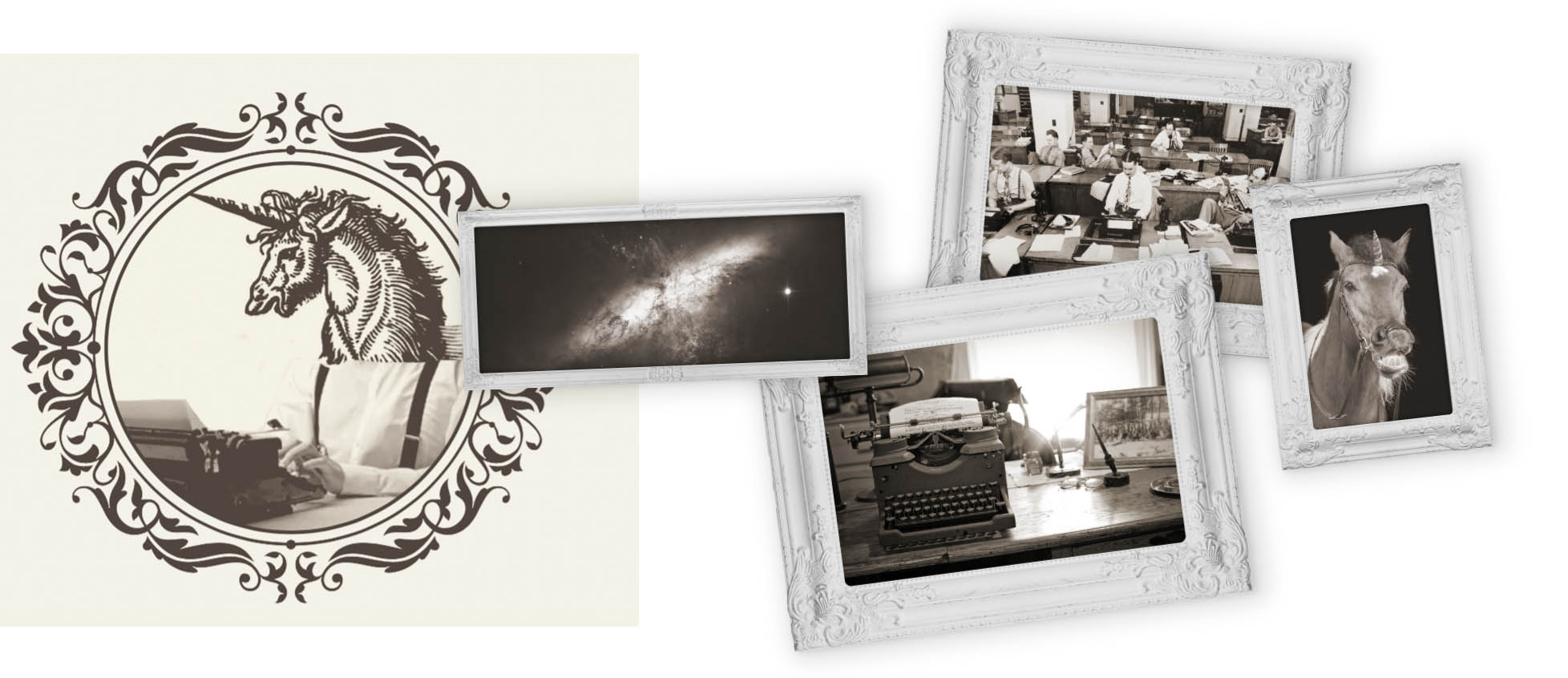One of the biggest appeals of starting your own business is escaping from the rat race and the urban jungle, and giving yourself the freedom to work where and when you want. The evolution of the job market has made it more possible than ever for individuals to work remotely, setting up their laptops in coffee shops around the world in search of a more flexible work environment.
However, with little structure and no accountability, remote workers quickly started searching for more effective workspace, hence the creation of coworking spaces. Coworking spaces provides a professional yet relaxed environment; one that is open to collaboration with other similarly-minded individuals, but still provides complete autonomy and flexibility.
For the Urban Zoo Coworking Design Challenge, competition participants are tasked with designing the interior concept for a new chain of coworking spaces set to launch their first location in the heart of Latvia’s capital city, Riga.
Urban Zoo Coworking looks to be “a home for creative beasts”, and participants will be creating the interior identity of the brand, one that can be applied to each subsequent location to open.
For this competition, participants will be able to select from two different layouts to work with, however it is vital that the submitted designs can be adapted and are applicable to multiple locations and are suitable for both proposed example layouts.
Urban Zoo Coworking is looking to become the a internationally-recognised brand, known for promoting tomorrow’s concept of a dynamic and flexible workplace that focuses on sustainable, ergonomic design. Launching first in Riga, Urban Zoo Coworking has plans to quickly expand, opening coworking spaces in Scandinavia and then across Western Europe.
Download full competition brief for more information!
Competition is open to all. No professional qualification is required. Design proposals can be developed individually or by teams (4 team members maximum). Correspondence with organizers must be conducted in English; All information submitted by participants must be in English.

Competitions
Resources
GET INSPIRED
- Buildner
- Architecture competitions
- Urban Zoo Coworking Design Challenge
International Design Competition














